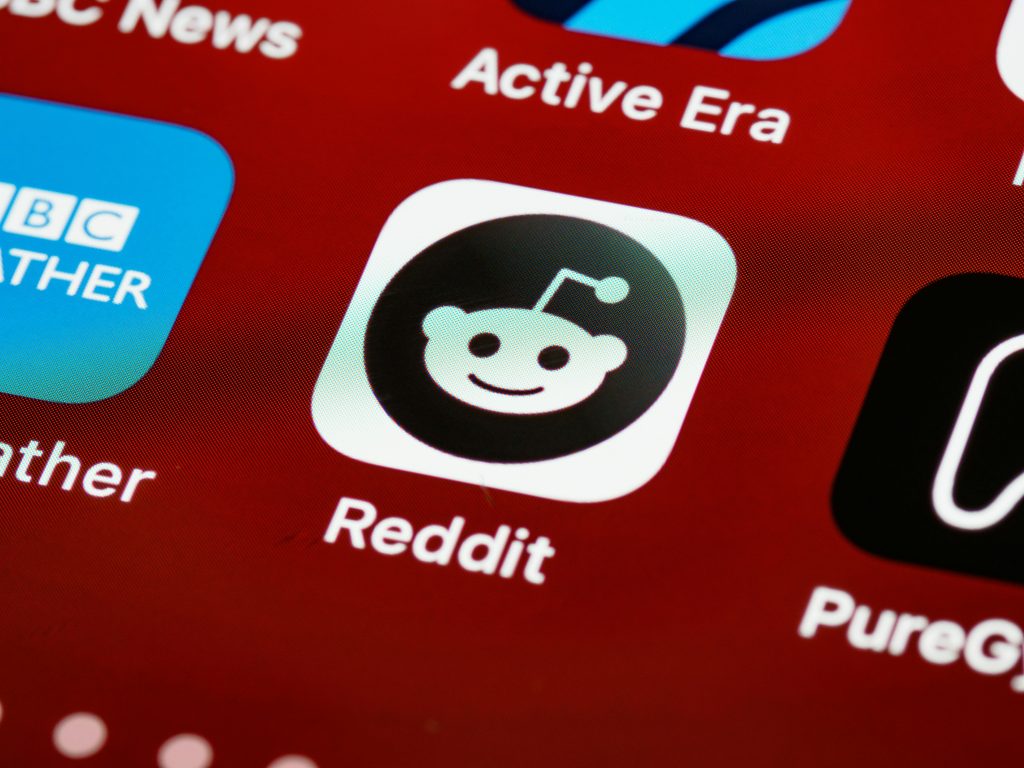Urgent Security Alert: What to Do If You’ve Been Hacked
Hello everyone,
I recently encountered a troubling situation that a friend of mine experienced, and I felt compelled to share it in hopes of providing useful information and advice to others who might find themselves in a similar predicament.
Just a short while ago, my friend received an email that he initially dismissed as spam. However, things took a concerning turn when he began to receive a flurry of notifications from various applications like Instagram and Outlook, warning him of attempted logins to his accounts. Thankfully, he had enabled multi-factor authentication (MFA) on many platforms, which prevented the intruder from gaining access. Unfortunately, on some networks like LinkedIn and Facebook, the hacker did manage to log in, which raised alarm bells.
This experience serves as a powerful reminder of the importance of online security. Here are some recommendations for anyone facing a similar situation:
-
Change Your Passwords Immediately: If you suspect that your account has been compromised, change your passwords as soon as possible. Opt for strong, unique passwords for each account. Use a combination of letters, numbers, and symbols.
-
Enable Multi-Factor Authentication: If you haven’t done so already, activate multi-factor authentication on your accounts. This adds an extra layer of protection by requiring a second form of verification, making it much harder for unauthorized users to gain access.
-
Monitor Your Accounts: Keep a close eye on your accounts for any suspicious activity. This includes checking for unfamiliar emails, messages, or requests. Stay vigilant, as hackers may continue to attempt to access your information.
-
Inform Your Contacts: If your account has been hacked, let your friends and contacts know. This can help prevent them from falling victim to phishing attempts that may originate from your compromised account.
-
Use Security Software: Consider investing in reputable security software that can help detect and block malicious activity. Regular scans and updates significantly enhance your digital defenses.
-
Educate Yourself: Stay informed about the latest security threats and trends. Knowledge about phishing schemes and common tactics used by hackers can arm you with the information needed to protect yourself more effectively.
If you or someone you know has experienced a similar event, I encourage you to share your insights or additional steps that can be taken to ensure online safety. Let’s work together to keep our digital lives secure!
Thank you for reading, and stay safe out there!
Share this content:




Hi there,
I’m sorry to hear about your friend’s experience. Security breaches can be very unsettling, but there are several steps you can take to help mitigate the damage and strengthen account protection: